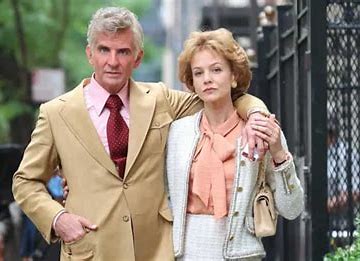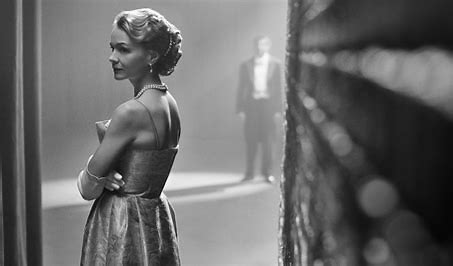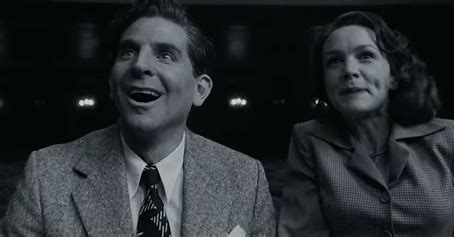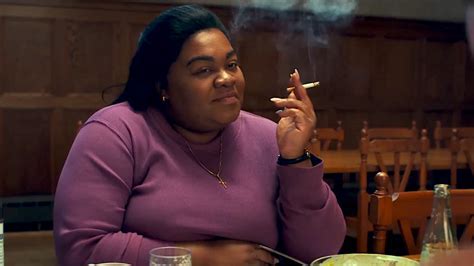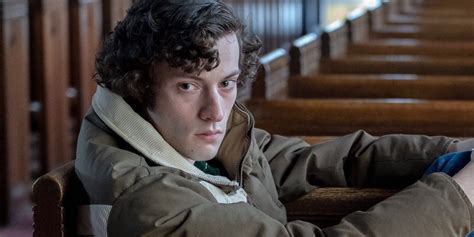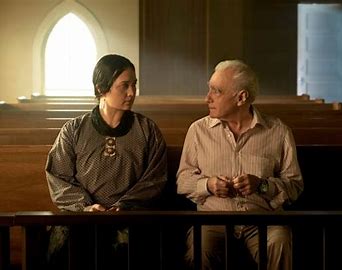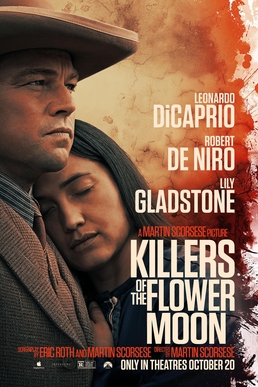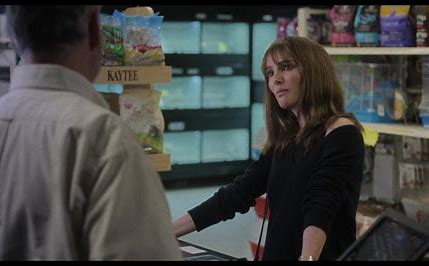*This one will contain spoilers*
In 2020, British actress Emerald Fennell managed to strike gold with her writer/directorial debut Promising Young Woman, which also netted her an Original Screenplay Oscar win...and it also should've netted Carey Mulligan the Oscar as well.
Despite that film's rough edges, there was a very stylized and charismatic voice and vision there. Over time, I do find myself being more of a fan of Promising Young Woman...and naturally, I was very excited when news came out about her second film: Saltburn.
Not surprisingly, you can tell that her vision was taken to another level here.
One thing that made me very happy was seeing the truly unique and captivating Barry Keoghan getting to lead a film after he made such an indelible impression in films such as The Killing of the Sacred Deer, Dunkirk, and especially The Banshees of Inisherin.
Keoghan plays Oliver Quick, a young man who is attending Oxford on scholarship...and considering we are in England, you can imagine all of the snotty "class" comments he seems to be getting not having the manners of the upper class.
Oliver takes an interest in popular and affluent classmate named Felix (Jacob Elordi) and after encountering Felix with a flat tire on his bike, offers up his own bike and manages to curry Felix's favor.
Oliver's more eccentric tendencies do turn off a lot of Felix's friends...and it even seems to start to bother Felix after a short period...until Oliver shows up crying at his door with some painful news.
On a whim and feeling some empathy for Oliver's plight, Felix offers Oliver a chance for him to come stay at Saltburn, his family's estate.
On the estate, we have his mother Lady Elspeth (Rosamund Pike), his father Sir James (Richard E. Grant), his sister Venetia (Alison Oliver), and his American cousin Farleigh (Archie Madekwe)...oh and we also briefly get Elspeth's friend Pamela played in a kooky cameo by Carey Mulligan.
One thing we can clearly see is that Oliver is deeply obsessed with Felix and this lifestyle...and even in the first moments of the film where we get a quick montage of moments that almost act as "On tonight's episode of Saltburn" motif, you can tell that things are about to get weird.
And yes...they do get weird...
However...I am not sure I would consider most of it shocking.
So as I stated earlier, sophomore efforts can be a bit of a tightrope...and sadly, I am not entirely sure Emerald Fennell succeeded fully with this one. I think, at best, she walked the rope but had to occasionally put one foot down to try to maintain some legit balance.
I wouldn't say the film was necessarily a failure, but I consider it yet another example of a film that mostly suffered due to weird pacing/structure choices.
The actual plot twist is that Oliver's plan all along was to find a way to assimilate into the lives of the Catton family at Saltburn and then kill them so he can obtain their entire estate. Think of it as an even darker version of Kind Hearts & Coronets...or as more people these days may know that material in its musicalized form: A Gentleman's Guide to Love & Murder.
To me, this twist was basically visible from a mile away...although I suppose the idea of having him recount the story to a dying Elspeth in bed was what I find like a nice touch.
But I am getting ahead of myself here.
Barry Keoghan is one of the more distinct actors I have seen come along in recent years...and I will say that despite the issues with the script and the fact that he was a bit too old for most of the film, he does quite well. However, we still don't truly get to understand this guy other than he is totally obsessed with Felix...which includes both slurping up the remaining bathwater from Felix's bath (which he had his cum in it) and also trying to fuck the dirt mound above his freshly prepared grave site...or basically raping Raleigh in his bed or going down on Venetia despite the fact she is on her period.
These moments in particular have been singled out as being strictly there for shock value...but frankly, I didn't take as much issue with them. On one hand, I like that Fennell wanted to explore these rather dark kinky edges...but it still felt very hollow at the same time. I had hoped the film would explore this more deeply but as it progressed, it really truly became obvious that he was out to dispose of these rich people and take over their lives.
I do admit that Fennell's statement in an interview how she hoped to find a way to sympathize with people that many of us typically find abhorrent is rather interesting...but the results just don't fully jive.
This year in film has actually been plagued by many films that suffer from needing rewrites and a trip to the editing room. Saltburn definitely falls into this category as the third act gets to be a bit long winded and yet somehow still cheats us from a strong payoff.
Once Felix is found dead, the film seems to proceed in pacing as if were unsure of when to speed up or slow down. The real issue is that they slow down for portions that don't seem as necessary, but once the film gets fixated on a scene that seems intriguing, it speeds off in another direction that is often less interesting.
It can be a bit precarious to plot out films where you are hiding a twist just waiting to be revealed, especially when you want characters to be completely oblivious to someone else's evil.
Like - I don't know about you, but while watching it, it seemed so obvious that Oliver was more involved in the murders and yet, Elspeth and James don't seem to question it at first...even if James does seem to be a bit put off about Oliver's presence once Felix and Venetia are dead.
Emerald Fennell shows such promise as a filmmaker...which feels weird to say considering how much I was fan of her debut effort. Although I think she has the makings to be a very stellar filmmaker the more she works to improve upon the structure of her films.
On a random note, I am posting this shortly after I gave my thoughts on Bradley Cooper's Leonard Bernstein biopic Maestro.
When I talked about that film, I said that most of it left me feeling indifferent despite of how much effort went into it...resulting in a truly handsome looking film.
Saltburn falls into a similar category...but what saves it is that it made me feel something...even if it was a feeling of uncertainty amongst enjoying its moments of deliciousness.
That gives it a slight boost.
6.5/10






